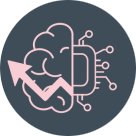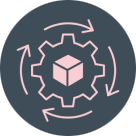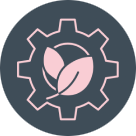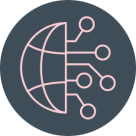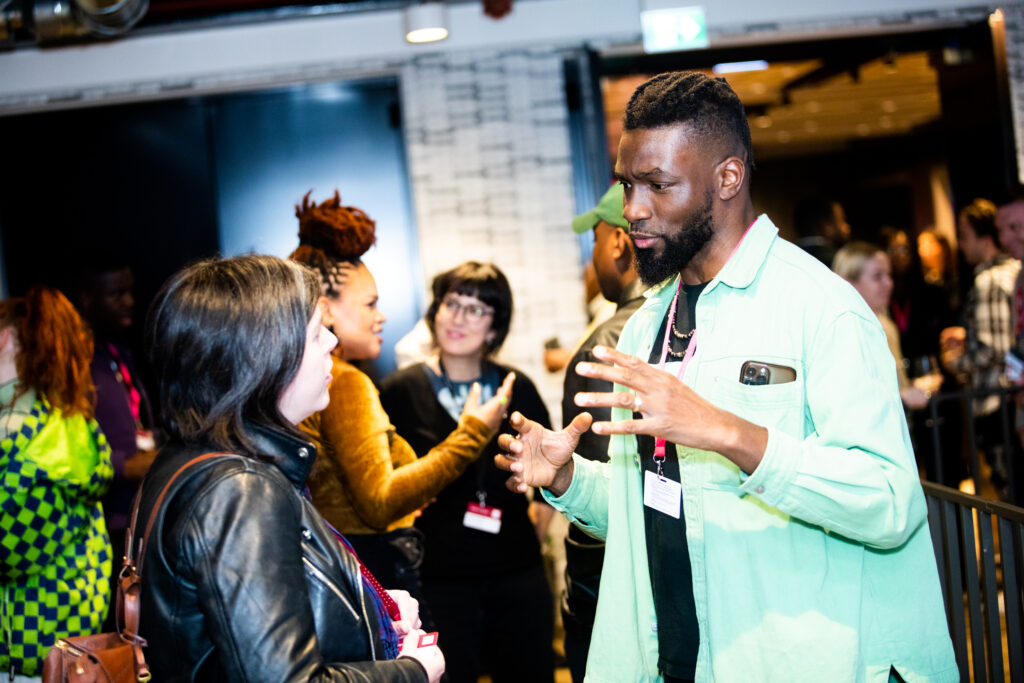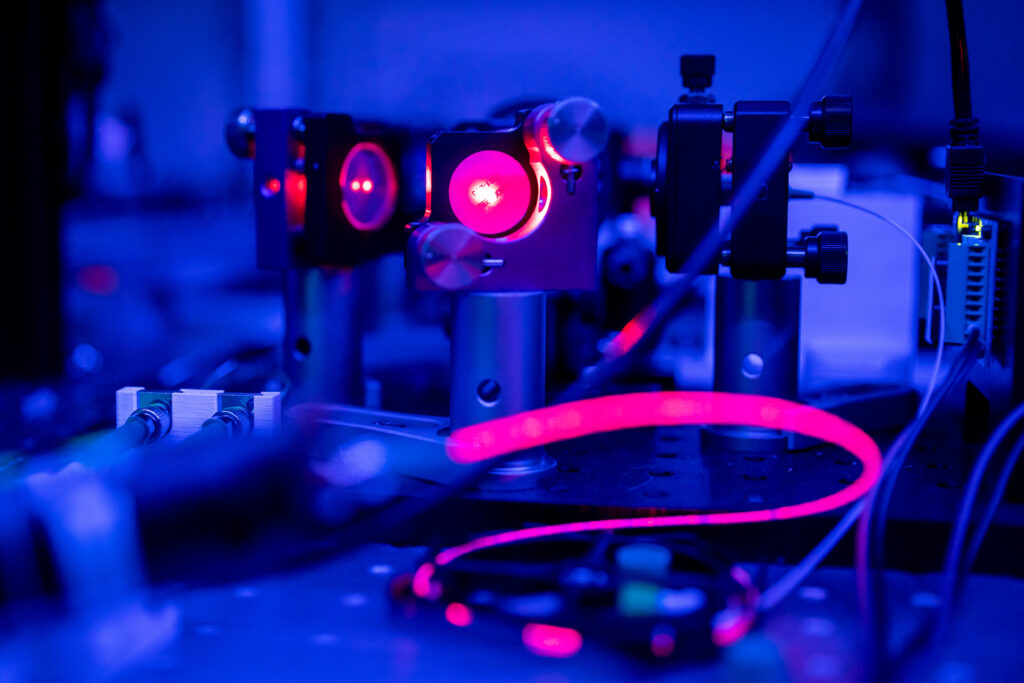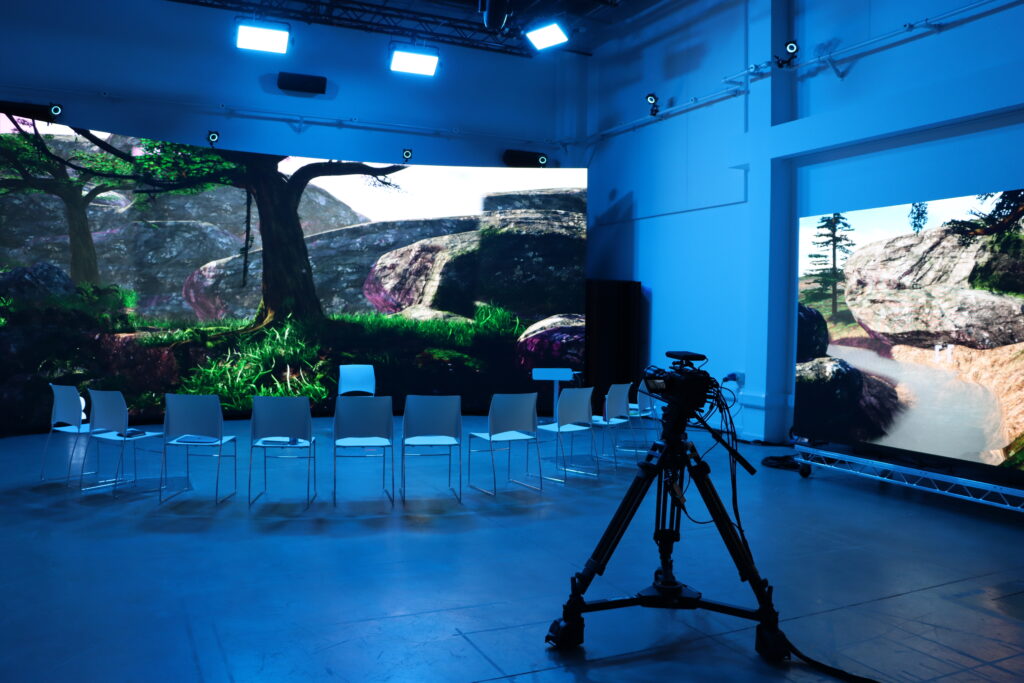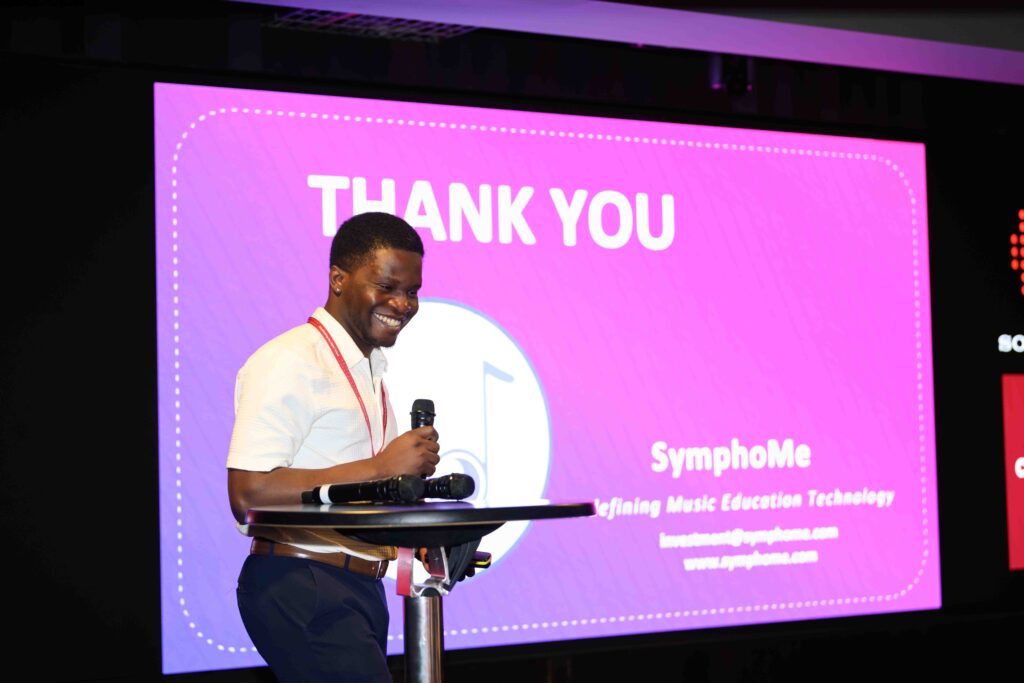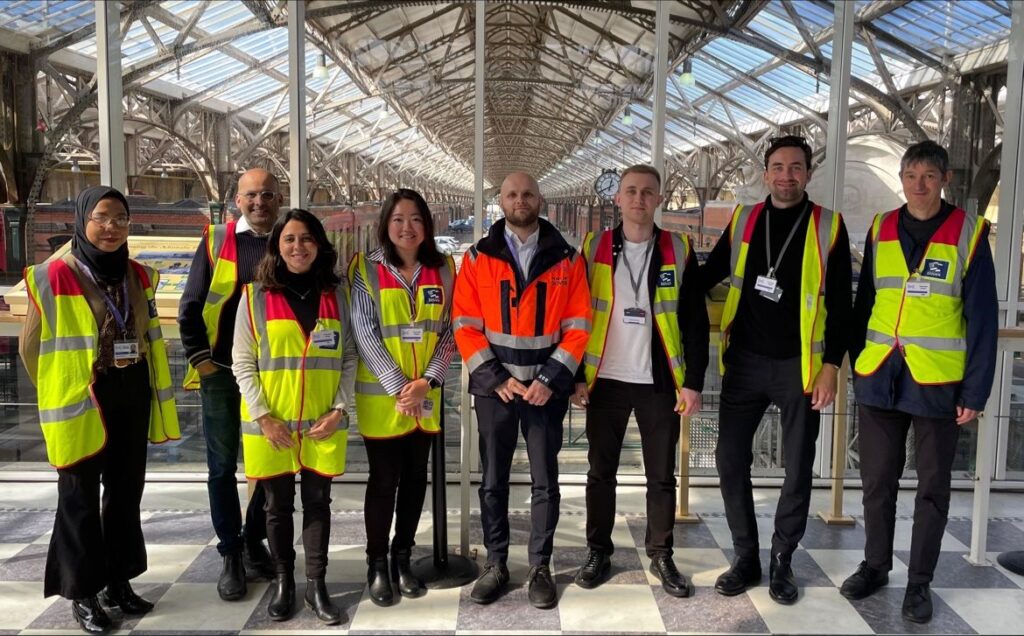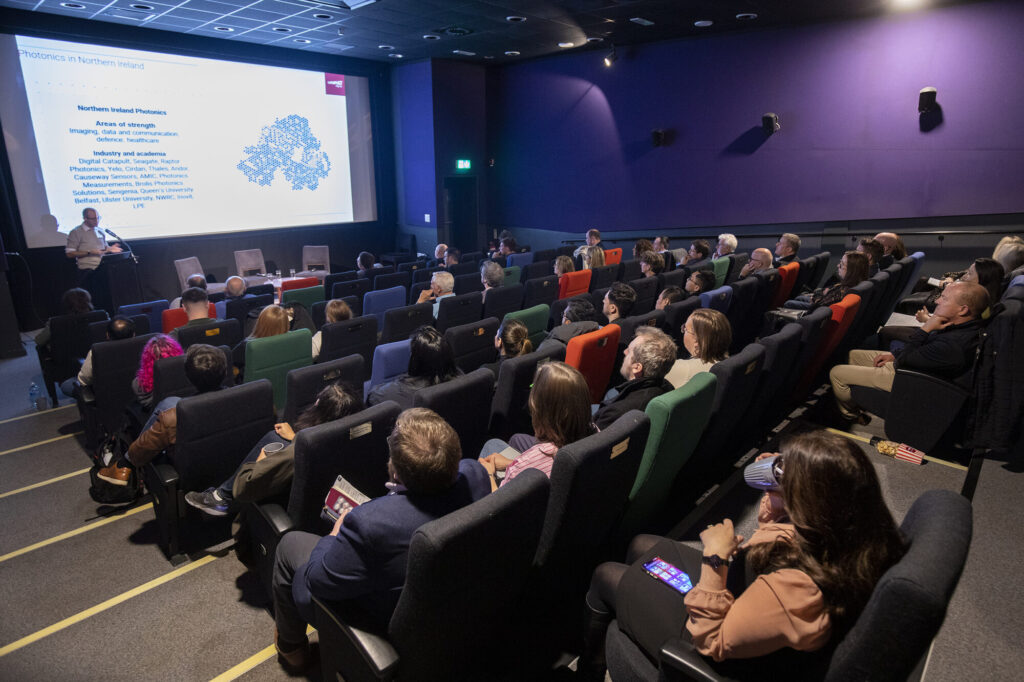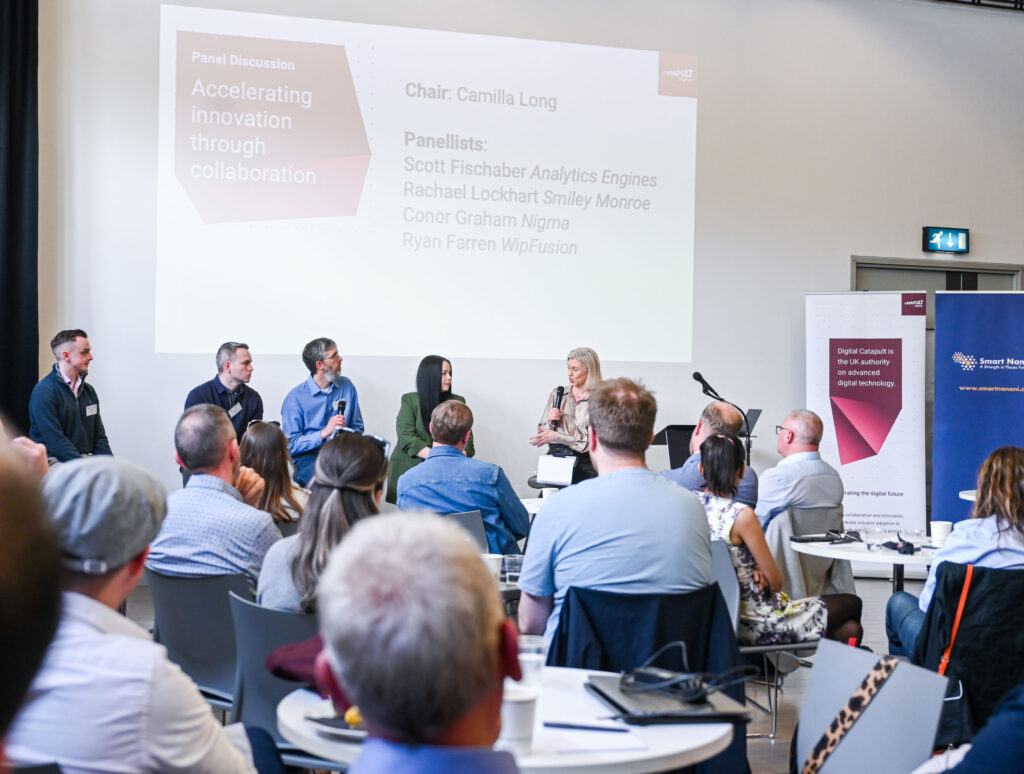Global, collaborative innovation is the driving force behind some of humanity’s greatest achievements; from the International Space Station to the Human Genome Project. International cooperation is fundamental to innovation, and the opportunity to scale innovative ideas in order to tackle the big challenges faced by industry and society is crucial now more than ever. As the world recovers from the Covid-19 crisis, international collaboration and excellence in research and innovation will be key to recovery.
Digital Catapult is committed to discovering new ways of solving industry challenges, increasing productivity and opening up new markets for UK companies on a global stage. International innovation offers digital startups the opportunity to access new markets, develop new ideas, products and services and access new knowledge and skill sets.
UK-Germany Global Challenge
Digital Catapult launched the Digital Catapult UK-Germany Global Challenge in early 2020 to engage the most interesting and pioneering digital startups in both countries to solve industry challenges for international multinationals Siemens and CHEP Europe. Funded by the UK Government, through the Department for Business, Energy & Industrial Strategy and the Department for International Trade, it is supported by the British Embassy and Consulate network in Germany and the UK Foreign & Commonwealth Office Science & Innovation Network, along with multiple partners across the UK & Germany including Deutschland – Land der Ideen. The Global Challenge was set up to drive international collaboration to boost industrial innovation and sustainability, fostering collaboration between the innovation environments of both countries.
The challenges posed by the two industry partners are:
- Siemens: How can artificial intelligence and distributed ledger technologies be used to interpret and share IoT sensor data from industrial manufacturing?
- CHEP Europe: Minimising carbon footprints by optimising supply chain logistics with early flexible forecasting of resources.
These core international challenges for the industrial manufacturing sector were responded to by key startups from both the UK and Germany, with 12 finalists (six from Germany, six from the UK), due to pitch their solutions at a virtual pitch day on the 8 October. These startups are:
About the Pitching Companies
United Kingdom
Jitsuin – @jitsuin_inc
Jitsuin reveals, reduces and reports the risks within the internet of things digital transformations. The Jitsuin Archivist software-as-a-service (SaaS) platform is built on distributed ledgers for collaboration and transparency amongst cyber security supply chains and maintenance teams.
Additive Flow – @AdditiveFlow
The Additive Flow team are strong advocates for the performance potential of industrial 3D printing and additive manufacturing (AM) as well as its potential to facilitate more sustainable manufacturing practices. Additive Flow has developed its modular FormFlow software to address many of the challenges faced by designers and engineers working with 3D printing and additive manufacturing processes for product development and production applications.
Arion – @arion_ai
Arion is a specialist data science developer. Arion builds bespoke solutions to transform data into meaningful insights and actions that customers need. With a background in aerospace engineering and manufacturing, and a growing presence in consumer goods, retail, and financial services, Arion aims to be the reference data partner in the digital transformation.
Sonodot – @sonodot
Sonodot is a London-based smart warehousing company. Its IoT solution allows warehouse operators to track the location and utilisation of their mobile assets, such as forklifts, roll-cages, pallets and tools, in realtime and optimise the efficiency and safety of material handling operations.
Miralis – @MiralisData
Miralis aims to reduce carbon emissions from transport, logistics and the supply chain, acknowledging that vehicles remain the biggest source of carbon growth. Miralis uses data analytics, algorithm development, modelling, simulation, artificial intelligence and machine learning to reduce emissions.
Decision Lab
Decision Lab solves real-world challenges for some of the biggest and most respected businesses in the UK. It has experts in simulation, optimisation and data science. These are combined to build the tools and models that turn the impossible, toughest problems into bold and clear paths for enabling decision-making.
Sensize
While working in senior roles at Cambridge Silicon Radio, a multinational semiconductor company, Sensize co-founders Neil and Luke saw first-hand how technology could be used to generate useful insights about the manufacturing supply chain. Sensize offers a high-quality, pre-integrated information system tailored to the needs of supply chain companies.
Germany
IS Predict – @ispredict
IS Predict solution can ingest various processes and data sources, including equipment data and contextual data, and use Predictive Intelligence and Explainable AI to understand which influencing factors contribute to the equipment usage.
Prenode – @prenode_ai
Prenode brings innovative AI technology to companies that want to enrich their products with AI-based features – for example, forecast models, automation and predictive maintenance.
Weeve – @weeveiot
Weeve enables companies to harness the machine economy with IoT and blockchain. Weeve’s cutting-edge technological solutions enable companies to extract value and harness the economy of things in an increasingly connected world. Weeve offers innovative ways to utilise IoT through security-by-design technology and customised solutions, operating across industry verticals of IIoT, automotive, supply chain, mobility and logistics.
Heuremo – @heuremo
Heuremo’s FreightPilot solution is designed for transport management systems and relies on two pillars: automation and holistic approach.
Sensefinity – @sensefinity
Sensefinity is creating the internet of cargo where cargo assets autonomously orchestrate with processes to reclaim $1 trillion currently lost annually in global supply chains.
One world, one city
Another example of Digital Catapult’s global innovation work is SynchroniCity. SynchroniCity is opening a global market, where cities and businesses develop services enabled by the internet of things and artificial intelligence improve the lives of citizens and to grow local economies.
Blending these technologies, SynchroniCity helped cities simplify the creation of new services that tackle the urban challenges they are facing, creating a harmonised marketplace for urban data and IoT enabled services. This synchronised marketplace linked 50 pilot projects and demonstrators projects in 21 cities, focusing on citizen engagement, environment and wellbeing, and sustainable mobility. Both small and large businesses with successful business models were chosen to deploy their digital solutions across digital markets.
The pilots demonstrated that by using this framework, it is possible to transfer social and environmental impact to local economic activity, as well as opening new market opportunities for both local authorities and technology service providers.
The pilot work has enabled Digital Catapult to test and mature a prototype IoT data marketplace, Urban Data Exchange, which was launched at the Smart City World Congress in Barcelona.
For more information about the project, visit here.
5G VICTORI
Digital Catapult is also a partner in 5G-VICTORI, a pan-European project which showcases how advanced 5G technology can transform services in dynamic and diverse environments.
5G-VICTORI is working to establish future-proof infrastructures that support industrial use cases across different sectors, including transportation, energy, media and manufacturing. Project partners include industrial companies, research institutes and universities from eight European countries.
These Digital Catapult activities encapsulate the drive UK innovators have for collaborating with global partners. To see startups from both the UK and Germany pitching solutions to the industry challenges, register to join the UK-Germany Digital Catapult Global Challenge: Final – applying AI and DLT to industrial challenges with Siemens and CHEP Europe here.


